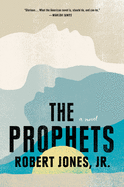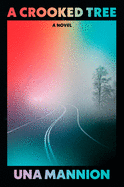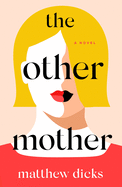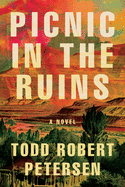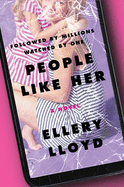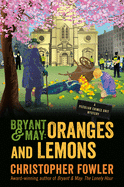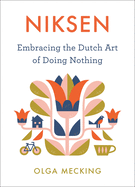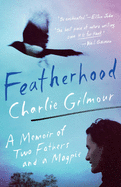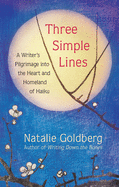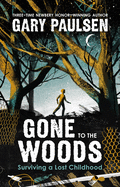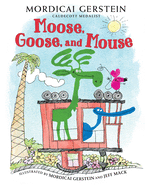Ilyasah Shabazz, third daughter of Malcolm X and Dr. Betty Shabazz, is an educator, activist, motivational speaker and award-winning author of Betty Before X and X: A Novel (with Kekla Magoon). She is also an advocacy worker and an adjunct professor at John Jay College of Criminal Justice in New York City.
Shani Mahiri King is a law professor at the University of Florida, where he is director of the Center on Children and Families and an associate director of the Center on Race and Race Relations. He is a writer (Have I Ever Told You?) and scholar in the area of children's rights and family law.
Here, the two discuss education, historical truth and their recently published books, Shabazz's YA biography The Awakening of Malcolm X (written with Tiffany D. Jackson; Farrar, Straus and Giroux, $17.99) and King's middle grade Have I Ever Told You Black Lives Matter? (illus. by Bobby C. Martin Jr.; Tilbury House, $17.95).
Ilyasah Shabazz: Let's start on the topic of honoring and informing people about Black figures. We are both educators and college professors, and what we have in common is that we are controlling our own narratives to ensure that our stories are accurate and that young people are learning truths. We are providing information about those who have equally made significant sacrifices and contributions to our historical society so that all of our children, including BIPOC, have an opportunity to open a book and see a positive reflection of themselves and based on historical facts.
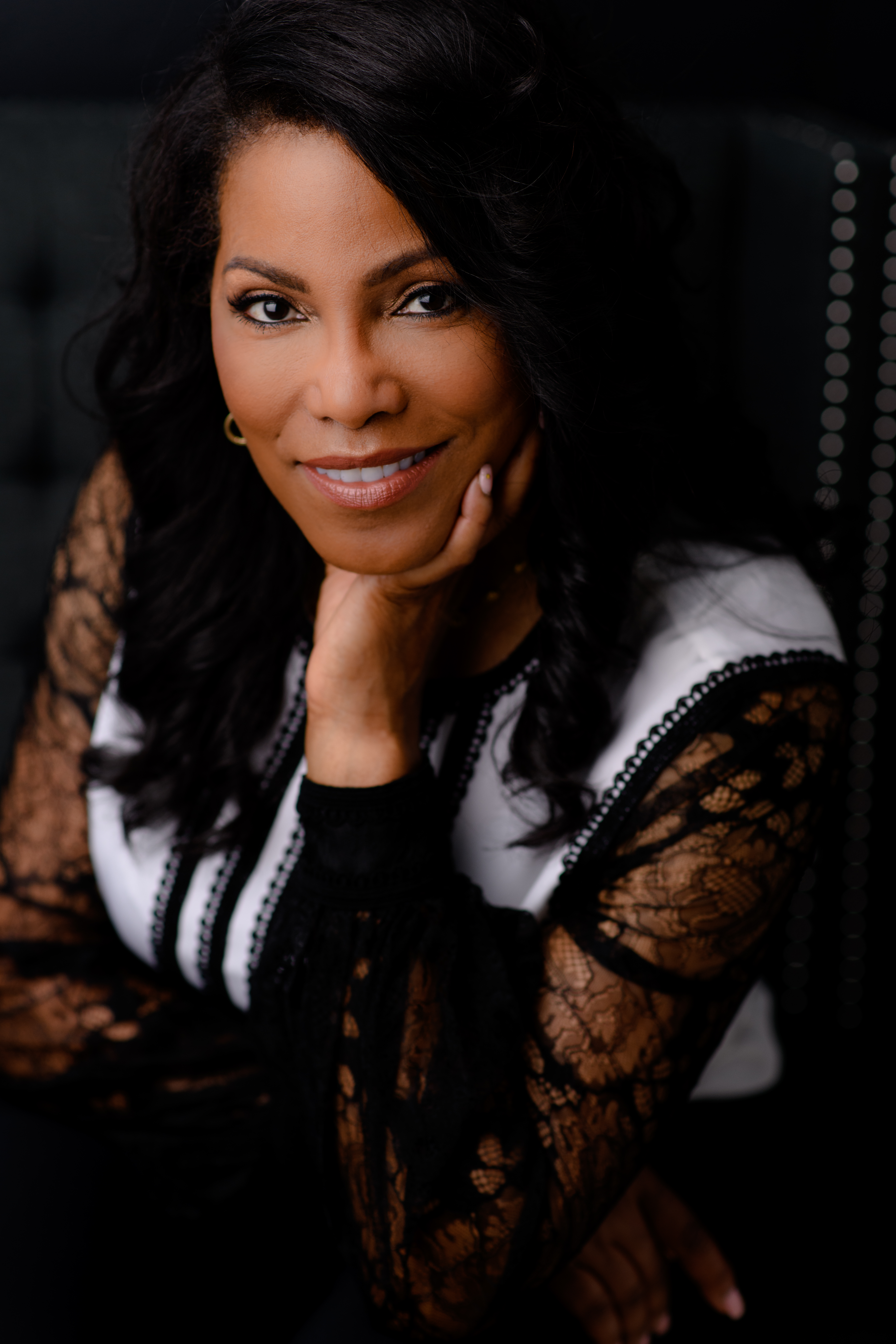 |
Ilyasah Shabazz
(Shala W. Graham Photography) |
Shani Mahiri King: Yes, and it is also important that children have a positive sense of others. This is true in all of your work, like Malcolm Little: The Boy Who Grew Up to Become Malcolm X (which I LOVE by the way!).
Shabazz: I'm glad to hear that you enjoyed it.
King: Also for me, this means, in part, fostering a positive view of one's race and talking about race with children in different ways. As we both know, there is a lot of science which suggests that children see race from a very, very young age. Even before they can speak. I think that one wonderfully accessible and concrete way to begin to discuss race with kids is through children's literature.
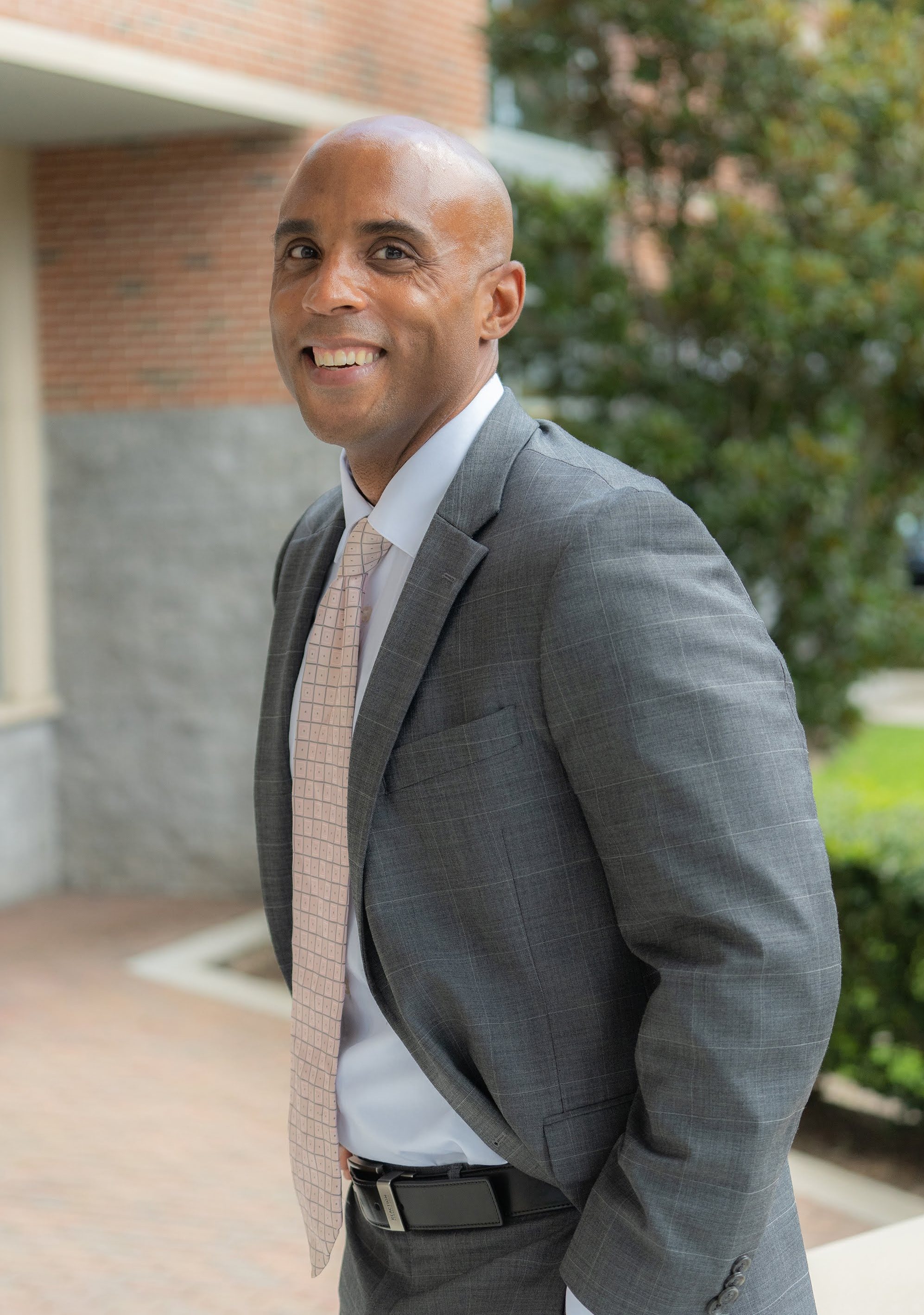 |
Shani Mahiri King
(photo: Donielle Nardi) |
Shabazz: Agreed--if George Washington, Thomas Jefferson, Shakespeare and even Sigmund Freud are celebrated figures in our nation's textbooks, it is equally important that Geronimo Pratt, Gloria Richardson, Dr. King and Malcolm X are celebrated. Which is exactly what you do in your new book.
King: Have I Ever Told You Black Lives Matter? is a two-part book that was designed with this in mind. The first part is an inspirational narrative that is grounded in Black history. It embodies what one might say to their children--or want to say to their children--every single day. The second half reflects a deeper dive into Black history, by sketching the life trajectories of over 100 of the major historical figures mentioned in the first half--including your father, Malcolm X.
Shabazz: Did you know that he is quoted 537,000 times per hour in social media? In spite of an attempt to mischaracterize his integrity, Malcolm X has become one of the most influential leaders of the 20th century. Young people are turning to Malcolm X because they are discovering that he spoke truth, and truth is timeless. I wrote The Awakening of Malcolm X to provide an intimate look at Malcolm X's young adult years in prison. It's one that I hope will invite larger discussions on Black power, prison reform and civil rights.
King: I love that it's written for teens. Why did you decide to write for a younger audience?
Shabazz: We are educators and are both committed to educating young people as truthfully as we can. I am a professor at John Jay College of Criminal Justice, where I teach the course Perspectives on Justice in the Africana World. We understand that our young people are tomorrow's gatekeepers, and that they must understand the value of being critical thinkers--and as young leaders they have the capacity to recognize injustice not from the perspective of "Black" and "white" but from the perspective of "right" and "wrong."
King: Yes, exactly. My life also has really been dedicated to the next generation. I've spent much of my career as either a lawyer for kids or someone trying to promote large-scale institutional change for children, specifically from traditionally underserved populations. Who knows how these things work, but it could be because my mother was a social worker who grew up in the 1960s in the United States and always had giving back to the next generation in her ethos. My books always come from the same place: conversations with my kids. It's either conversations I have or conversations that I want to have with them.
Shabazz: And part of that empowerment also comes from demanding the truth of history. We are demanding a "just" educational curriculum. We are demanding "truth" about history and that these truths are reflected in our historical books.
I feel it's such a blessing to have the opportunity to write historical novels for this and future generations of young, bold leaders committed to building a fair and just world.
King: Why did you choose to have a co-author?
Shabazz: Two brains are always better than one. I feel absolutely humbled and honored to have brainstormed, worked with and learned from some of our nation's top and award-winning novelists: Kim McLarin, Kekla Magoon, Renée Watson and, in the case of The Awakening of Malcolm X, the extraordinary Tiffany D. Jackson.
How did you come to work with your artist?
King: I was already familiar with graphic designer Bobby C. Martin's amazing work. When I realized that we would be collaborating, I was excited. I knew he was the one to bring something powerful, unique and fun to the table. His work is reminiscent of cut paper, positioned in unique and dynamic ways. It is really a wonderful medium for this project--and an important topic that needs to be covered in a distinct, fun and creative way in order to appeal to kids.
Our collaboration was really the epitome of artistic freedom. I want to be clear, though, the design is 100% his brilliance and creativity. The collaboration was a seamless one and a lot of fun.
This has been such a fun and inspiring conversation!
Shabazz: You and I, Shani, agree that every child deserves an opportunity to know that they are worthy of self-love, worthy of a quality education and worthy to participate in mainstream society if they so desire--that they certainly can be both educated and inspired by BIPOC.
King: It is so important that we validate the place of all people in society, including Black people. This is true whether we have Black children or not, and whether or not teachers have Black children in their class.
It's so important for kids to be able to see themselves in the pages of books. It really helps kids become who they are.
Ilyasah Shabazz and Shani Mahiri King: Historical Truth
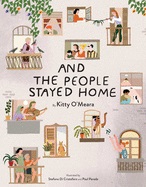 My 17-month-old son has spent the majority of his life at home, so the beauty of And the People Stayed Home (Tra Publishing, $18.99), a picture book by Kitty O'Meara that honors the importance of staying home and staying in during the Covid-19 pandemic, is probably lost on him. As someone who remembers a time when we used to go places and do things, however, I find myself drawn to its quiet, subtle way of capturing all that staying home has meant.
My 17-month-old son has spent the majority of his life at home, so the beauty of And the People Stayed Home (Tra Publishing, $18.99), a picture book by Kitty O'Meara that honors the importance of staying home and staying in during the Covid-19 pandemic, is probably lost on him. As someone who remembers a time when we used to go places and do things, however, I find myself drawn to its quiet, subtle way of capturing all that staying home has meant. Alone Together, edited by Jennifer Haupt (Central Avenue, $16.99) explores this theme in more depth through interviews, essays, poems from 90 contributors. Zadie Smith's Intimations: Six Essays (Penguin, $10.95) considers the experience of living through a global pandemic. The slim collection graced many "best of 2020" lists, and I've just asked my local indie to put a copy on hold for my next curbside pickup.
Alone Together, edited by Jennifer Haupt (Central Avenue, $16.99) explores this theme in more depth through interviews, essays, poems from 90 contributors. Zadie Smith's Intimations: Six Essays (Penguin, $10.95) considers the experience of living through a global pandemic. The slim collection graced many "best of 2020" lists, and I've just asked my local indie to put a copy on hold for my next curbside pickup.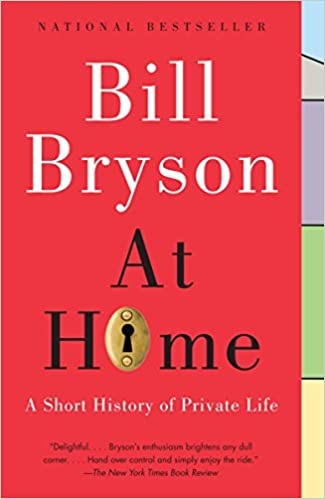 In addition to making me ever more grateful to have a place to call home, the experience of staying in for so many months left me curious about the very concept of home. I dug out my old copy of Bill Bryson's At Home: A Short History of Private Life (Anchor, $17), and found in Bryson's balance of serious thought, humorous comments and random tidbits for trivia a lens through which I am re-experiencing my own home.
In addition to making me ever more grateful to have a place to call home, the experience of staying in for so many months left me curious about the very concept of home. I dug out my old copy of Bill Bryson's At Home: A Short History of Private Life (Anchor, $17), and found in Bryson's balance of serious thought, humorous comments and random tidbits for trivia a lens through which I am re-experiencing my own home.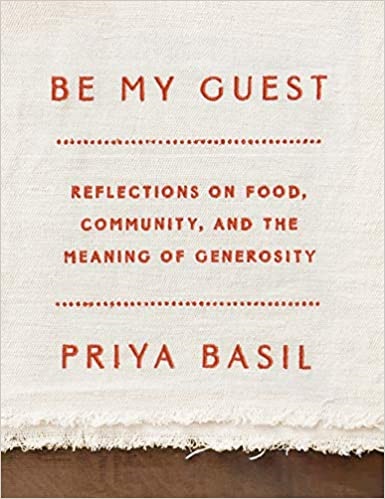 Similarly, in Be My Guest (Knopf, $19.95), Priya Basil uses the act of serving food to others as a way of exploring identity and community. While it may be some time before we're in a position to host others, this book, like all others on this list, brings a newfound appreciation of all that we had, all that we still have, and all that we can look forward to again--hopefully in the not-too-distant future.
Similarly, in Be My Guest (Knopf, $19.95), Priya Basil uses the act of serving food to others as a way of exploring identity and community. While it may be some time before we're in a position to host others, this book, like all others on this list, brings a newfound appreciation of all that we had, all that we still have, and all that we can look forward to again--hopefully in the not-too-distant future.


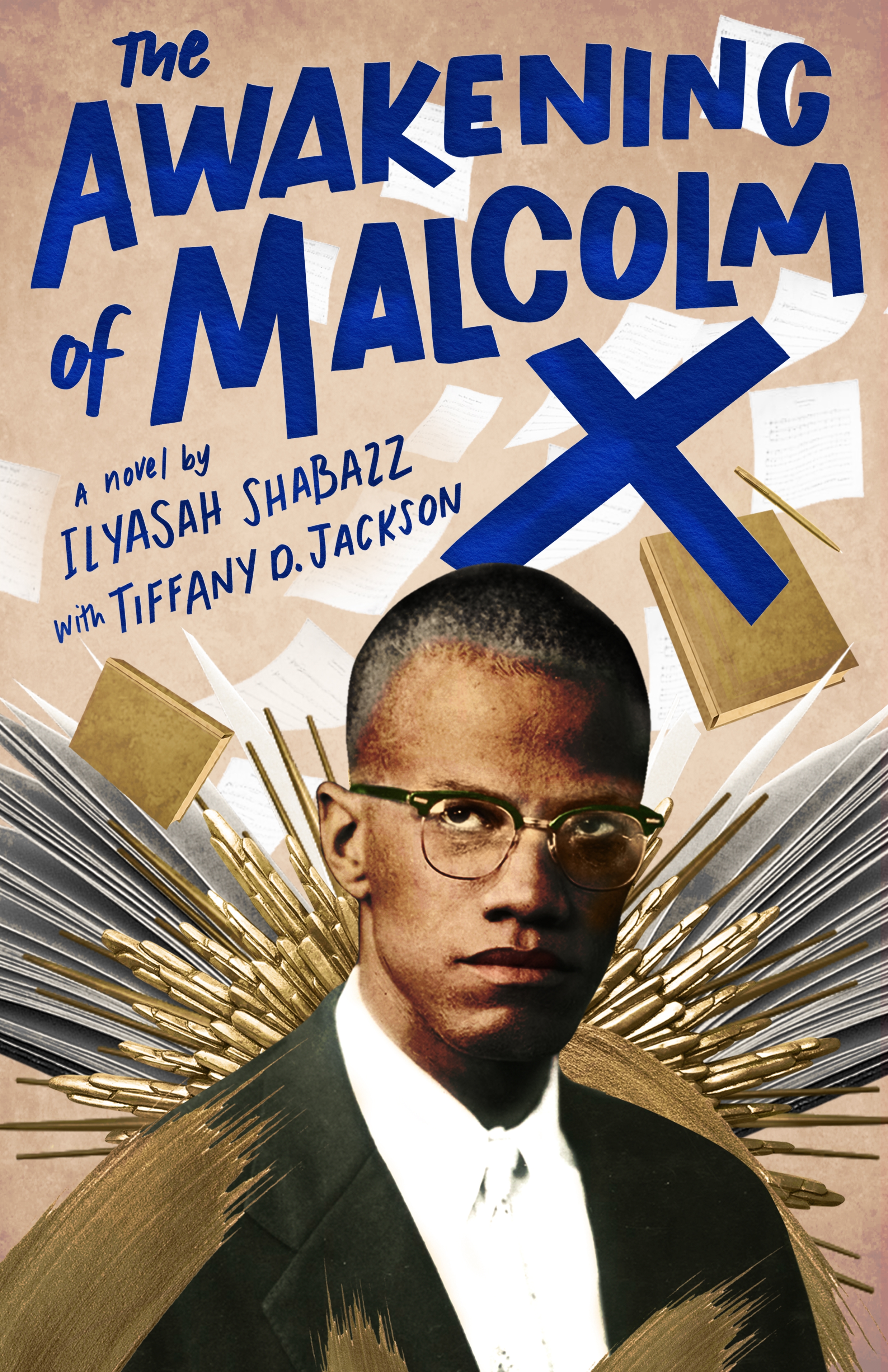
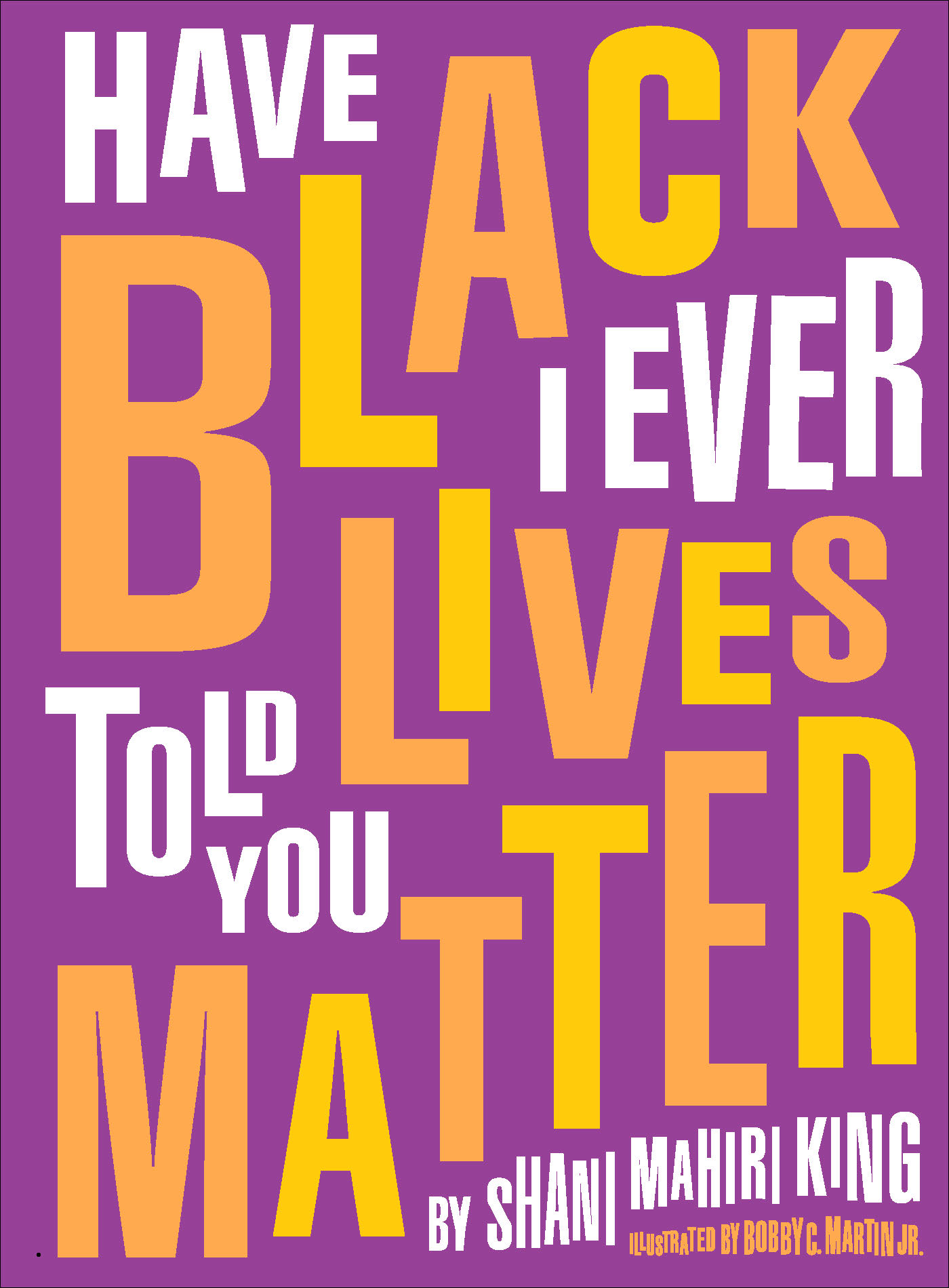


 Jean Valentine, "a former New York State Poet whose minimalist, dreamlike poetry was distinguished by crystalline imagery followed by an unexpected stab of emotion," died December 29 at age 86, the
Jean Valentine, "a former New York State Poet whose minimalist, dreamlike poetry was distinguished by crystalline imagery followed by an unexpected stab of emotion," died December 29 at age 86, the 